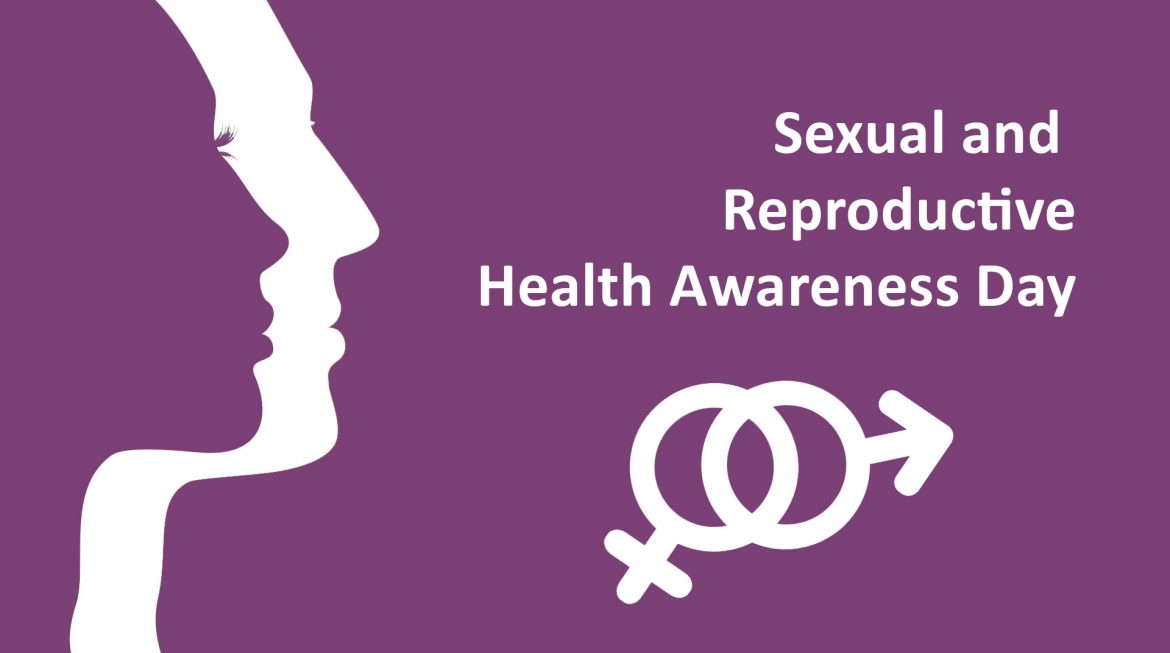The Infertility Stigma
Infertility is a condition implying the incapability to conceive a child. As simple as it sounds, this word leaves a deeper scar on a woman’s life than one can imagine. The feeling of motherhood is undoubtedly one of the most special feelings a woman wants and having to know that she might have to remain oblivious of it for the rest of her life makes her world fall apart. Everything goes for a toss, and she ends up blaming herself for a life that is nothing more than a curse. The most astonishing fact is that nobody ever considers about …
Applications of Preimplantation genetic screening (PGS) and Preimplantation genetic diagnosis (PGD) for achieving pregnancy
Preimplantation genetic screening (PGS) In this procedure, embryos, which are created through In Vitro Fertilization (IVF) are checked for chromosomal abnormalities before transferring them into a uterus. Most of the miscarriages occur in the embryos carrying chromosomal abnormalities. To enhance the chances of a successful pregnancy, PGS is sometimes offered to people with recurrent pregnancy loss or infertility. For screening of embryos with an abnormal number of chromosomes preimplantation genetic screening (PGS) is used. If an embryo contains abnormality in the number of chromosomes, it may lead to miscarriage, Edward’s syndrome, or even Down’s syndrome. To improve the chances of …
PCOS and its Adverse Effects on Fertility
PCOS or Polycystic ovarian syndrome is an endocrinal disorder which affects women in their reproductive years. It approximately affects 5-10% of young women and often leads to infertility. Women suffering from this condition experience irregular periods, abnormal hair growth, acne, and their ovaries might contain multiple small cysts. PCOS affects the reproductive organs of women that produce progesterone and estrogen — the hormones that control the menstrual cycle. The ovaries also provide a small number of male hormones called androgens. In the condition of PCOS, the androgens are excessively produced and this, in turn, disturbs the regular function of the …
How infertility affects mental health?
Parenthood is the happiest, and as well the most satisfying phase of every human, as kids complete a happy family. Few couples are affected by some degree of infertility due to various reasons. Infertility can affect the mental stability in men and women. Overwhelmingly the causes of infertility are physiological, exacerbated by the emotional and physical rigors of infertility treatment, may require a substantial psychological toll. In a study conducted at a fertility clinic among 200 couples, it has been told by 15% of men and half of the women that the most upsetting experience of their lives was infertility. …
Difference between IUI and IVF
In Vitro Fertilization (IVF) and Intrauterine insemination (IUI) are the two most commonly used methods infertility treatment, that increase a couple’s chance of conceiving. Both IUI and IVF are effective treatments for infertile couples. The principal difference between the IUI and IVF treatment is that IVF involves ovarian stimulation, egg retrieval, fertilization, and transfer; and on the other hand, in IUI sperms are injected into a uterus to decrease the sperm’s travel time to the egg. Let us learn both the processes in detail to gain more insights. IUI – Intrauterine Insemination IUI is a procedure through which concentrated and …
How long should women try to get pregnant before calling their doctors?
Infertility may affect anyone, irrespective of gender. The infertile condition can be divided into, primary and secondary infertility. When a couple is failing to have their first baby, the condition is known as primary infertility. Likewise, secondary infertility is when a couple has at least one child but failing to have another baby. But, when you and your partner are not able to conceive, it is completely normal that you want to visit a doctor for a checkup. You might first want to visit your regular obstetric gynecologist itself for a routine checkup, citing him about the issue. Of course, …
Things to know about Secondary Infertility
A couple’s inability to have a second child is usually termed as the Secondary Infertility, which is very common these days. It often happens with women who are in their 30s or mid-30s and trying to conceive after a long time, say six months or a year. Of course, there has been a lot of discussion and research on the increase in Secondary Infertility. Here are a few stated causes regarding medical disorders Any damage to fallopian tube because of ectopic pregnancies Ovulation issue, uterine conditions in women and endometriosis Early pregnancies or a C-section Delivery during the first time. …
Lifestyle changes for correcting Hormonal Imbalance to avoid Infertility
Hormones are the chemical messengers that our body have. They are produced by the endocrine glands and travel through the blood to all organs and tissues. Our physical conditions and way of life affect our hormonal balance. An imbalance in hormonal system may lead to infertility in most of the cases. Lifestyle changes, like avoiding junk food, working out for the physical well-being and avoiding the unhealthy beauty trends may help correcting the hormonal imbalance. The lifestyle and dietary changes can help rectify up to 70 percent of hormonal imbalance. From controlling your weight to dealing with your food intake …
What is IUI? How does it work?
Intrauterine insemination (IUI) is an infertility treatment that includes putting sperm inside the mother’s uterus to help fertilization. The objective of IUI is to increase both quality and quantity of sperms those reach the fallopian tubes and accordingly increase the chances of fertilization. IUI gives the sperms a head start, yet at the same time, a sperm has to reach and penetrate the egg without any other medical help. It is an affordable option for infertility treatment before going for IVF. Before knowing how does IUI work, one needs to know and understand a few things. IUI is commonly used …
















